Dear SPASH Senior: Reader Questions Answered
November 3, 2020
During this pandemic, many teenagers who attend school, have had to adjust to the different school year. I asked SPASH students if they needed any advice coming from a senior. The two I selected were common issues that even I can relate to. The first question was, “What do I do if I keep having panic/anxiety attacks every time I try to do my E-learning? I don’t know what’s causing my anxiety to get so bad and I don’t think there’s anything teachers could do to help because I don’t know why they happen.”
Well first off, if you ever feel this way, know you are not alone. According to edsource.org, “Increasing numbers of students say they feel overwhelmed, and not just about the health of their family and friends due to the coronavirus. Their parents might be newly unemployed, they might be falling behind academically, they can’t see their friends, or they might be trapped at home in an abusive family situation.” There are numerous impacts of the Coronavirus; everyone is going through something that has some type of connection with the virus.
I have had the same problem. I used to open my computer and stare at my assignments for a few minutes just to end up closing my computer to block out the image of the 20 missing assignments I had. E-learning can still be rough, especially because it doesn’t feel like school, to me, school is a teacher beside you, pencil and paper in front of you, and your mind yearning to learn. A couple of tips that have helped me accustom myself to E-learning, are:
- Organize: Before you get on, organize your assignments so you can know which assignments you should focus on.
- Set a goal: Setting a goal can help you be able to focus on one assignment.
- Set a schedule: It’s important to manage your time so you won’t be up at 3am working on a project.
- Stay in contact with your teachers: It’s always a good idea to ask questions so you can know what to do and get it done.
- Summative before formative: Summative assignments make a big impact on your grades, it’s important to get those finished.
- Checklist: A checklist can be a very helpful tool, it’s easier to know what you have done and what you have to do.
- A good work area: It’s good to have a place where you can focus on what you’re doing, like a computer desk, or the dining room table. Your bed is not an idealized place to get work done.
The second question that was asked was “What do you do if you’re addicted to social media?” Social media is a big problem nowadays, many people have developed mental health issues such as depression and anxiety because of the media. People can find themselves wasting minutes to hours on the daily, scrolling through social media while their lives and memories pass them by. Social media can influence and harm your brain in numerous ways. Here are a couple tips that can help you get better:
- Attend meetings: Just like any other addiction, there are meetings to help you and your mental health.
- Put your device in another room: Not having your phone by you all the time can really make a difference, put it in a safe place or give it to someone else, and see how much of a difference it makes.
- Find new hobbies: Try out new things such as: Sports, Art, Cooking, etc. These activities can distract you from picking up your phone every five minutes.
- Set a timer: Decide an amount of time you can be on social media and set a timer so you’re not over-using.
- Make plans: Make sure you find time to see your loved ones, it’s smart to make memories and release yourself from the addiction.
- DELETE SOCIAL MEDIA APPS
Whatever your problem is, know YOU ARE NOT ALONE.

























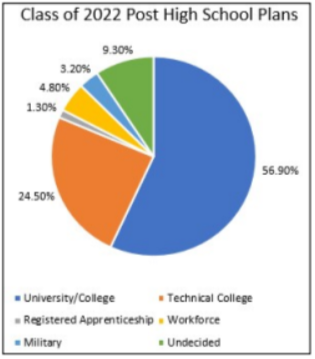
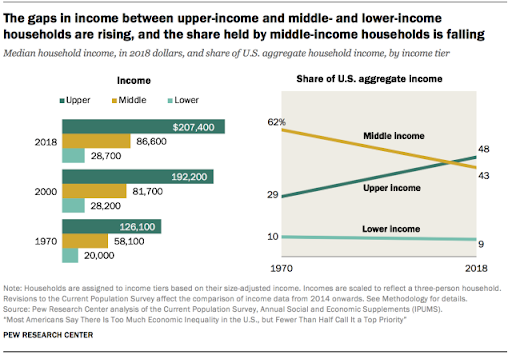











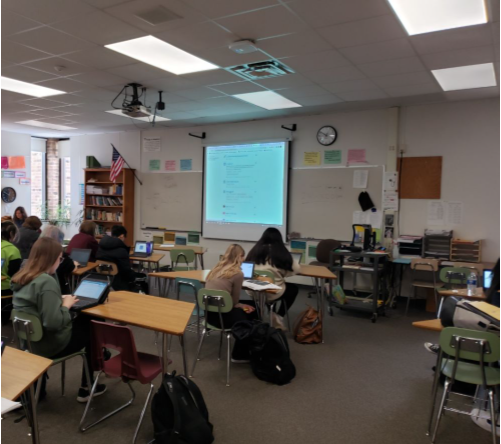
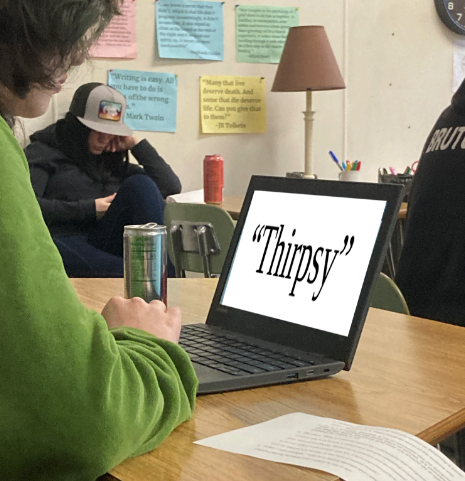





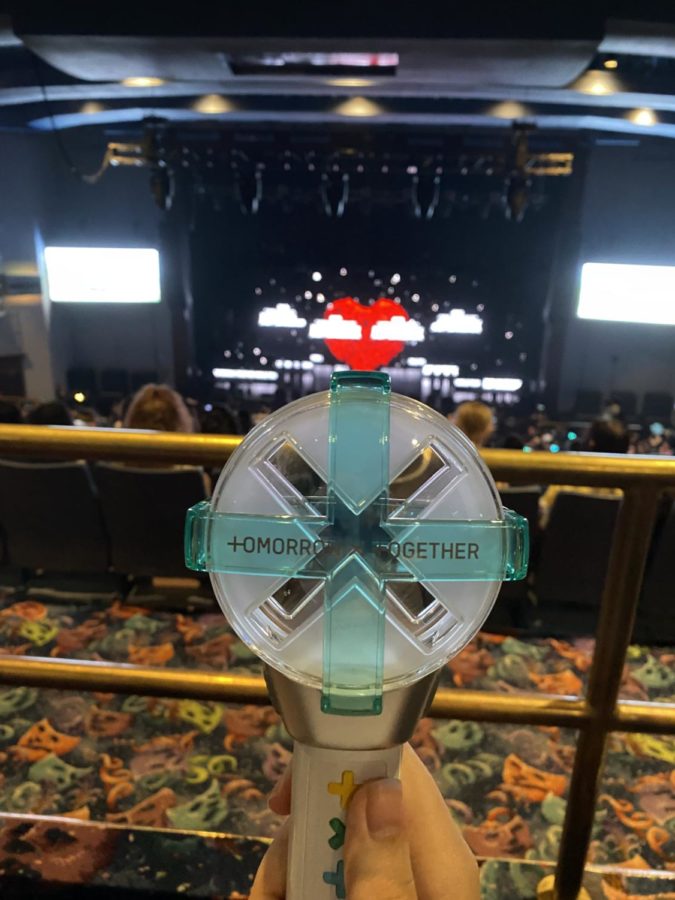

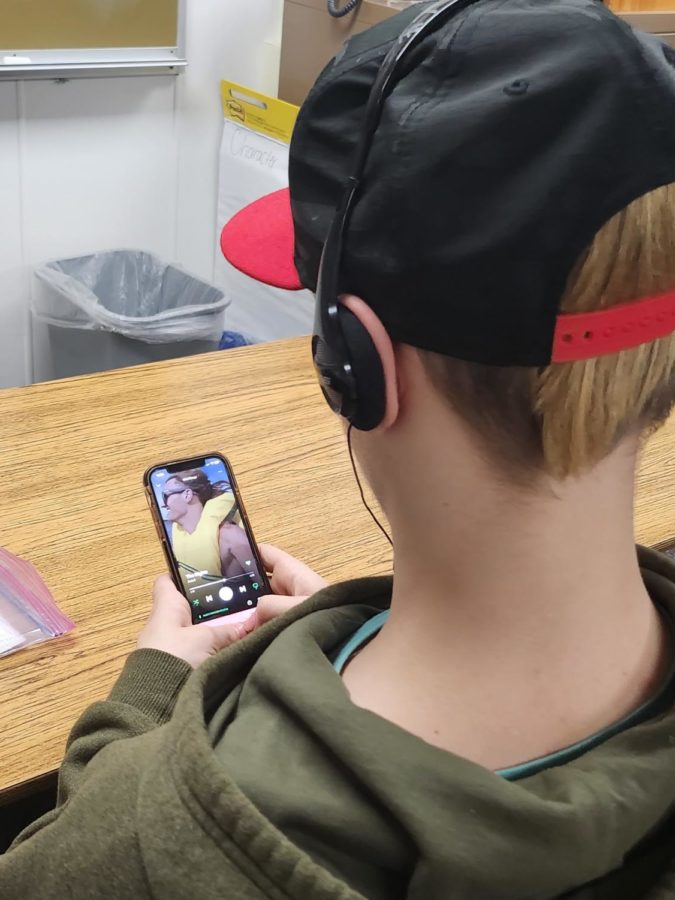
















yemmi • Dec 14, 2020 at 3:45 PM
I really like how you asked the question to the people and you respond with an answer. I really like how you giving advice to the new senior about e-learning and how they are struggling right now with keeping balancing with their timing by school, work, and social media.
Jenna Koziol • Dec 10, 2020 at 10:03 AM
Coming from a senior, I enjoy this article because it shows how to handle all of this new anxiety that comes with e-learning.
Katana Provost • Nov 3, 2020 at 1:46 PM
I like how you gave tips on how to get through the anxieties of e-learning.